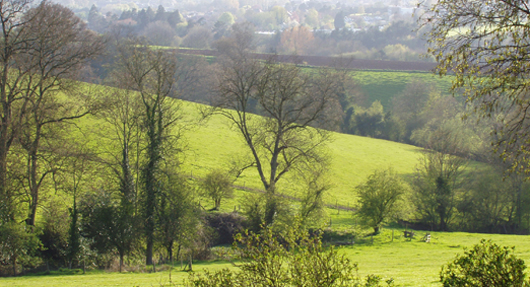UK: The end of tradition?
12.08.10 by Prof. Ian D. Rotherham
The end of tradition and the impacts of cultural severance are as big a threat as climate change to biodiversity and ecology explains Prof. Rotherham, so he is organising a major conference to address these issues.
This major event will look at the threats to biodiversity from cultural change and the abandonment of traditional management. We have heard much about climate change and the threats that this may pose in the future but ‘The End of Tradition’ is bigger and more current.

The threats from global cultural change and abandonment of traditional landscape management increased in the last half of the 20th century, and ten years into the 21st century show no signs of slowing down. Their impacts on global biodiversity and on people disconnected from their traditional landscapes pose real and serious economic and social problems which need to be addressed now.
The conference will address the fundamental issues of whether we can conserve the biodiversity of wonderful and iconic landscapes and reconnect people to their natural environment. And, if we can, how can we make them relevant for the 21st century. We will cover the lessons of archaeology, history and ecology and look at the challenges for modern-day management. Examples will be drawn from rural and urban commons, wooded landscapes, heaths, moors, coasts and wetlands. In particular, we wish to raise critically important issues of the loss and abandonment of tradition in terms of future sustainability, landscape quality and biodiversity.
The conference will be international in flavour with leading researchers from around the world taking part. There will be displays and poster presentations throughout the three days and the event will have a strong community dimension - organisers are keen to involve members of local groups, students and volunteers in the event. There will be opportunity to share and compare local, national and international experiences of the important challenges facing biodiversity in the 21st century.
This will be a landmark discussion and debate with key organisations such as Natural England, the Woodland Trust, The Wildlife Trusts, the RSPB, BANC, OPAL, and many others.
Turn the page for more information >